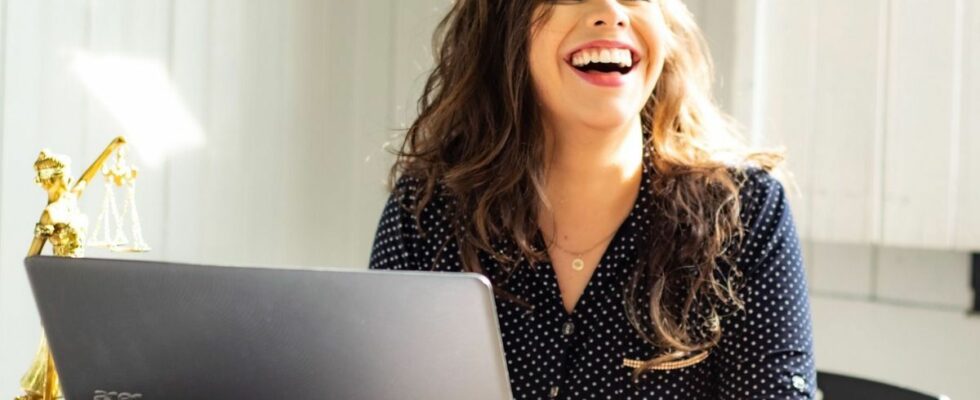Published on
Updated
Reading 2 min.
On TikTok, more and more Zs are looking for advice on their well-being. According to a recent study, more than half of them use the app to find fitness and nutrition tips. But what is the real influence of TikTok on the health of young people?
It has become a habit among young people. TikTok has replaced Google. More intuitive, faster and more up-to-date than the search giant, the Chinese competitor is increasingly preferred by Generation Z to search for information in various fields, and in particular on their well-being.
A study conducted by Zing Coach with 1,000 people aged 18 to 27, reveals that 56% of young Zs use TikTok to get advice on their well-being and diet. A third (34%) even say that the application is their main source of information on the subject, compared to 13% for Google. A trend that may be surprising, but which can be explained by the ease of access to information and the fact that the application is free.
But is this trend safe for young people’s health? According to the study, a third of TikTok users do not verify the information they find there. A practice that can be dangerous, especially when we know that three out of five people say they have already seen health misinformation circulating on the application.
Fortunately, the majority of young Gen Zs seem to be aware of the risks associated with misinformation on TikTok. For example, 66% of them say they only trust advice given by health professionals or top athletes. Only 20% of them trust any user who seems to know what they are talking about.
Misinformation isn’t the only risk associated with using TikTok for health advice. The study also found that 58% of Gen Zs felt worse about themselves after watching fitness or diet videos on the app. This trend can be explained by the social pressure exerted by social networks, but also by the dissemination of unrealistic beauty standards conveyed on the platforms.
Despite these risks, young people seem committed to their use of TikTok for health advice. Only 11% want wellness content removed from the app. Yet 63% of respondents believe that TikTok creators should be held legally responsible for what they post.
